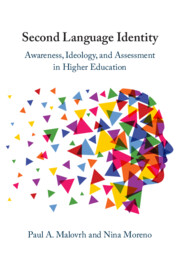Besides stating that global or cosmopolitan citizenship is an incoherent concept in the absence of a global state, some critics assert that it represents a form of Western-centric moral neoimperialism. This article develops some responses to such objections through examining the efforts of Indian activists who have undertaken intensive international engagement in their struggles against caste discrimination. The National Campaign on Dalit Human Rights has sought to close domestic rights-implementation gaps for Dalits (formerly called untouchables) in part through vertical outreach to United Nations human rights bodies. This mode of outreach is shown to represent an important practice of global citizenship, and to challenge a view of South agent as primarily passive recipients of moral goods within a global citizenship frame. Further, the Dalit activists’ global citizenship practice is shown to be significantly ‘institutionally developmental’, in that it highlights implementation gaps in the global human rights regime and can contribute to pressures for suprastate institutional transformation and development to address them. NCDHR actions are, for example, highly salient to the recently renewed dialogue on creating a World Court of Human Rights.


